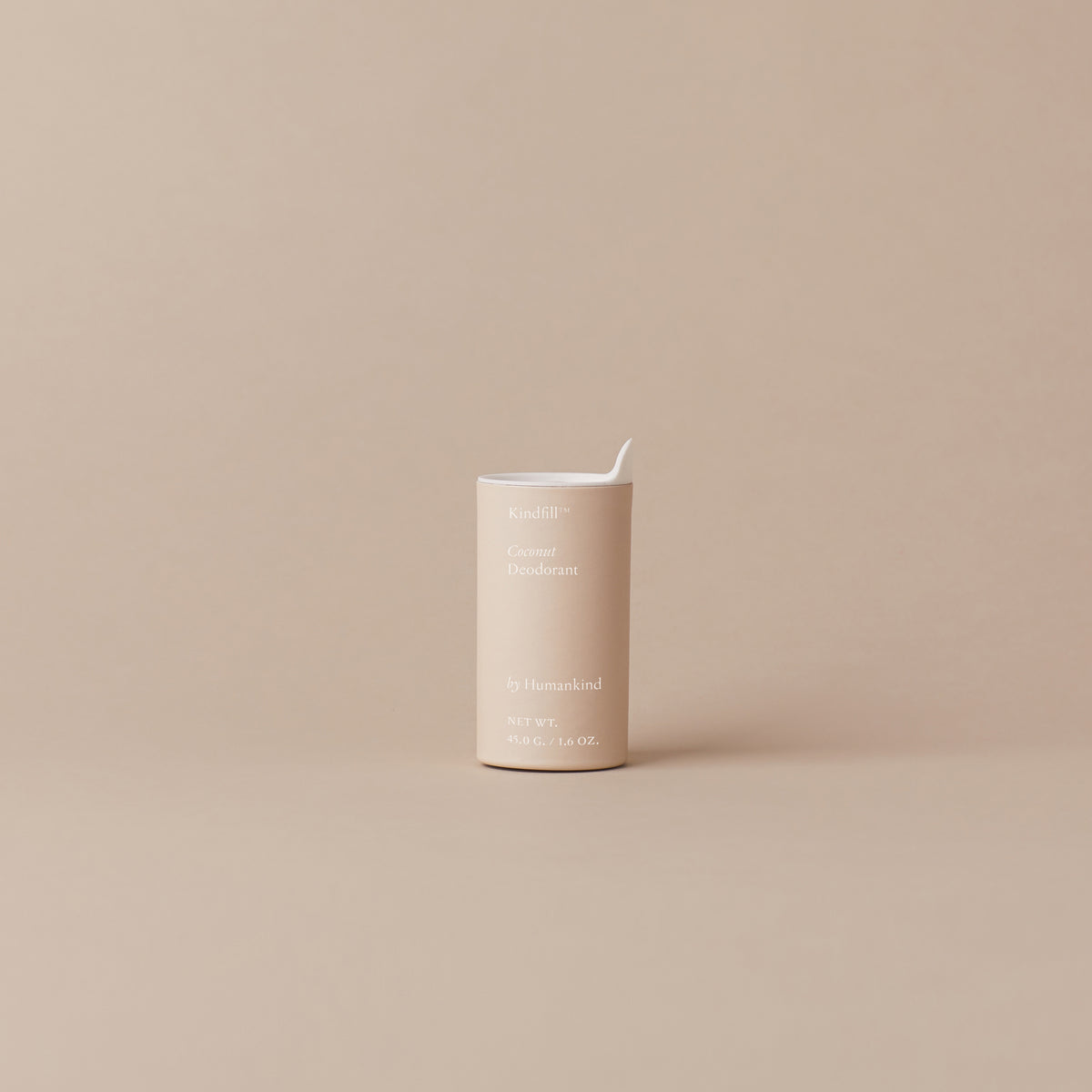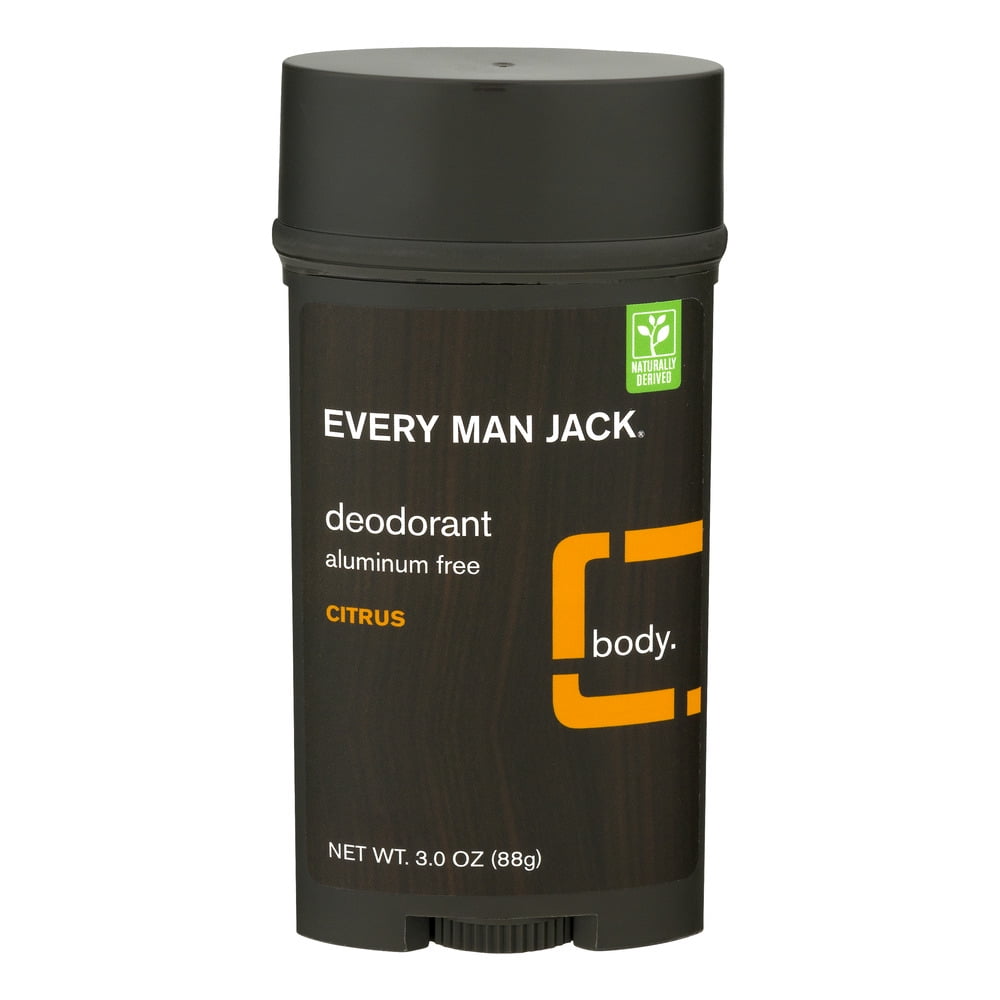
BY HUMANKIND DEODORANT REVIEW FREE
Some deodorant contains gelatin – made from boiled animal skin, tendons and bones, while others may contain beeswax, animal-derived glycerine made of animal fat (vegan glycerine from vegetable oil fortunately exists too), and other unappealing and cruel ingredients.įor those wanting to avoid supporting all of the above mentioned cruelty to animals, there are a huge range of vegan and animal-testing free certified deodorants available.

Unfortunately, this is all too common in the personal hygiene and cosmetics industry. The purpose of this test is to see how long it takes for half of the exposed animals to die within 14 days of swallowing the substance. Perhaps the most upsetting form of animal testing is the acute oral toxicity test, where rats are forced to swallow a substance until they become incredibly sick and ultimately die. Animal testing of deodorant isn’t simply putting some roll-on in the underarm of a rabbit, but smearing the ingredients and chemicals used in deodorants onto their shaved bare skin, and into their eyes. Many deodorants are still tested on animals. When we talk about the deodorant that is best for us and the planet, we need to consider the other living beings here with us. If you're worried, there's no harm in avoiding these ingredients when they are labeled on deodorant and other products. This is particularly relevant for parabens, which are used widely in cosmetics, food, shampoo and skincare products. Some people are concerned, though, that it is the build-up of aluminum and parabens across their skincare regime and diet that creates risk. But, again, there is no conclusive evidence that aluminum or parabens at the levels they exist in deodorant causes these diseases. Similar concerns relate to parabens, which do have weak estrogen-like properties. There is also some fear that temporarily blocking the ability to sweat means temporarily losing the ability to release toxins – but lymph nodes, which are not connected to sweat glands, are responsible for this. So the logic around potential links between aluminum and other diseases is the same – absorption is the risk.
BY HUMANKIND DEODORANT REVIEW SKIN
It's suggested that frequent application of aluminum-based products to the armpit (which is, of course, near to the breast) may be absorbed into the skin and have hormonal effects, leading to the growth of breast cancer cells. Aluminum is the active ingredient in antiperspirants, as they create a temporary 'plug,' which stops the flow of sweat from sweat ducts to the surface of your skin. If you want to avoid the ingredients in question here, they are aluminum and parabens. It is recognised that further research is needed in the area – so there's nothing stopping you from erring on the side of caution – but that with the studies done up until today, no clear, causal link is found.



Peer-reviewed, scientific sources tell us that in the case of breast cancer, Alzheimer's and kidney disease alike, even conventional deodorant use is likely not linked to the development of these diseases or that results are inconclusive. But are these claims backed up by science? A quick Google can tell you that your deodorant will give you breast cancer, Alzheimer's, kidney disease, and other frightening illnesses. If you've ever read about the potential health impacts of deodorant and antiperspirant (the two are in fact different, as only the latter actually blocks sweat, the former just masks smell), you might feel quite alarmed by the supposed risks. Does deodorant cause breast cancer or other diseases? Luckily, we’ve broken down what you need to look out for, and which deodorants we love most. With all sorts of claims that some deodorant ingredients cause breast cancer and other serious illness, problems like animal testing, non-recyclable packaging and ineffective ingredients, finding the right deodorant for you and the planet can be tough.


 0 kommentar(er)
0 kommentar(er)
